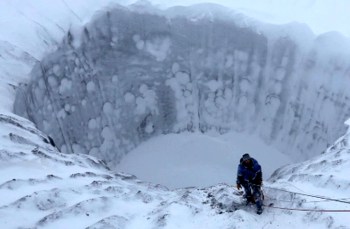
Historic Arctic blast affecting much of Europe over the past couple of days brought record amounts of snowfall for the month of May to parts of Switzerland.
Capital Bern received 4 cm (1.57 inches) of snow on May 5, breaking the previous record for the month set back in 1945 at 1 cm (0.39 inches).














